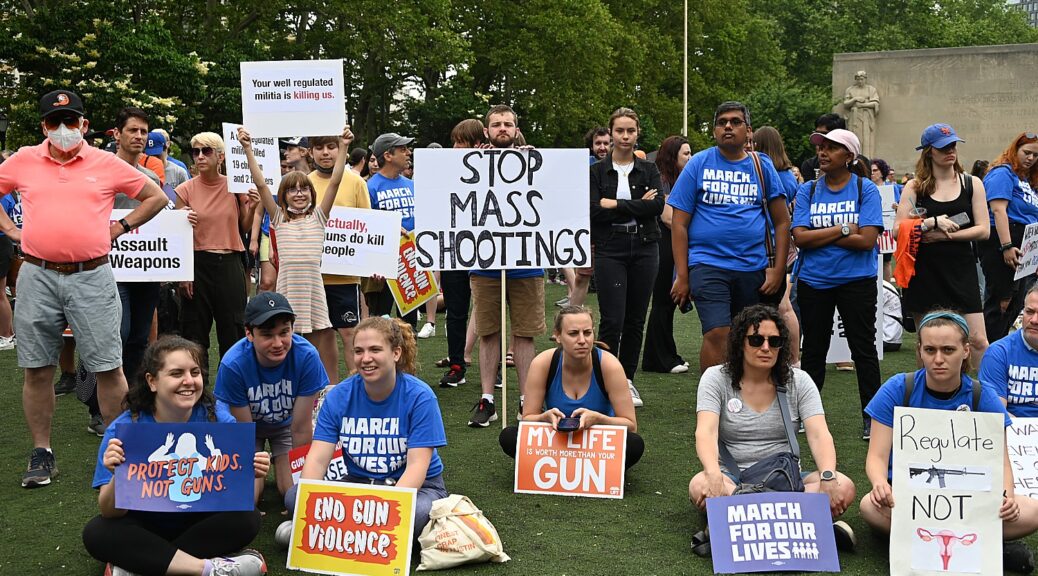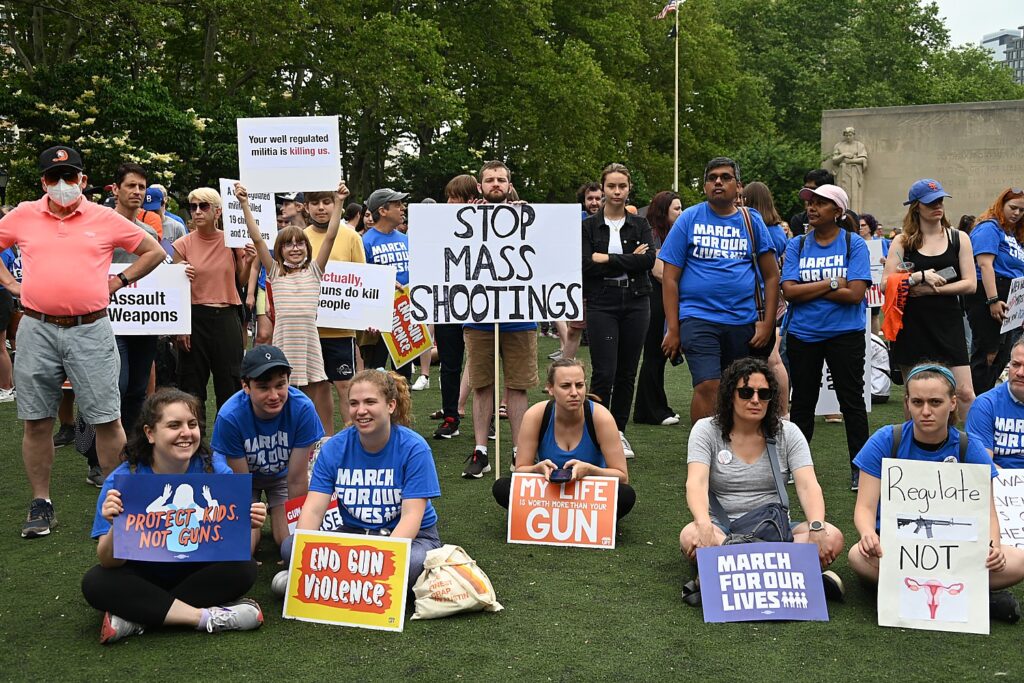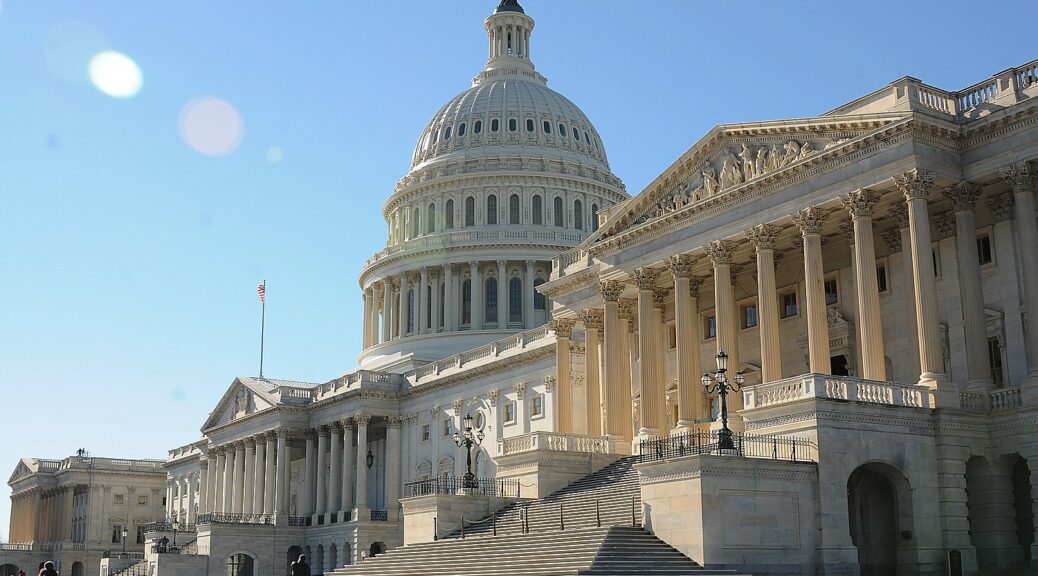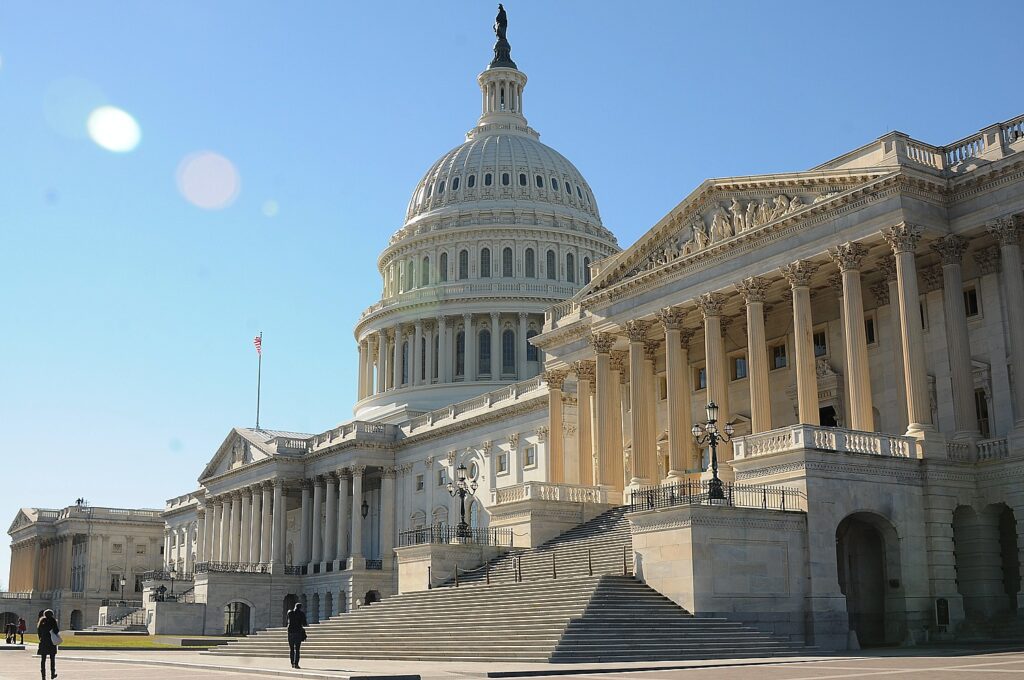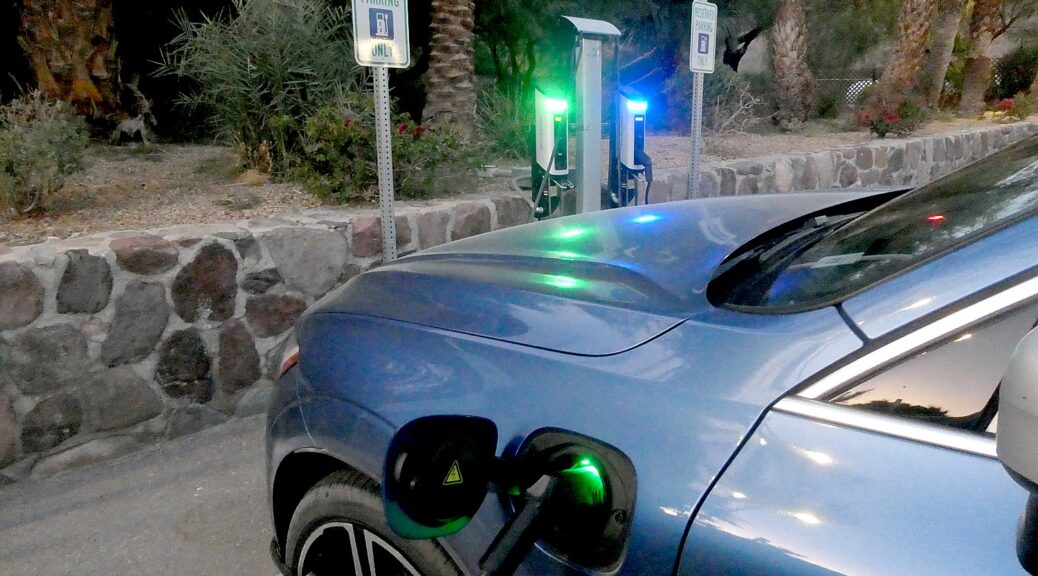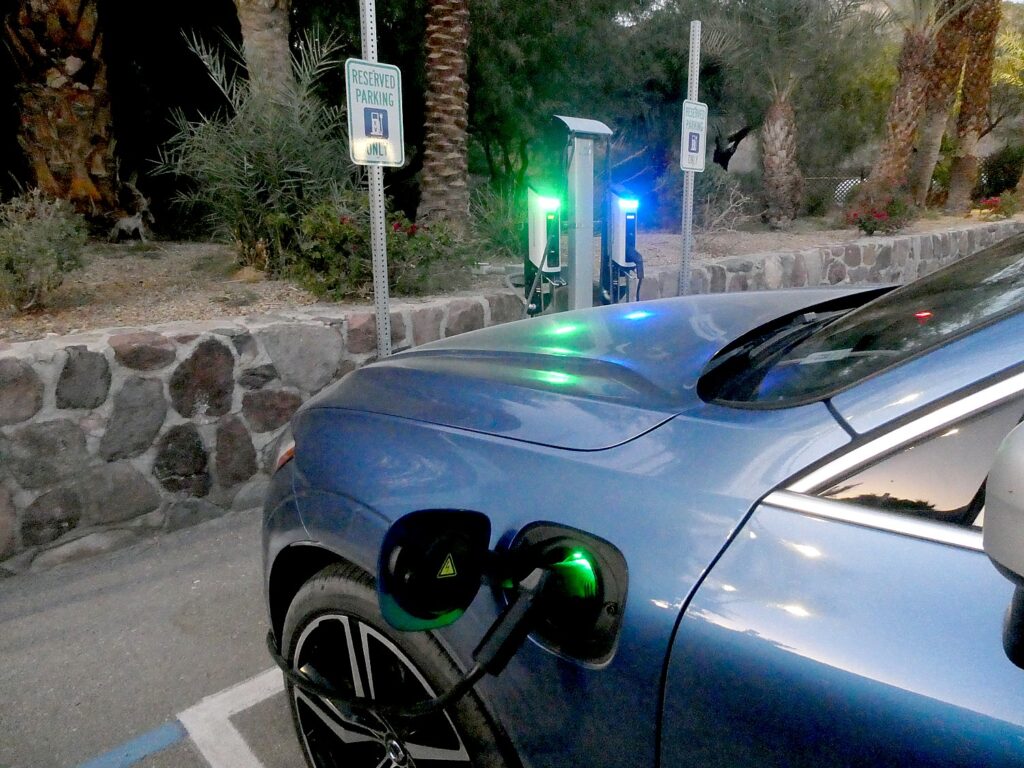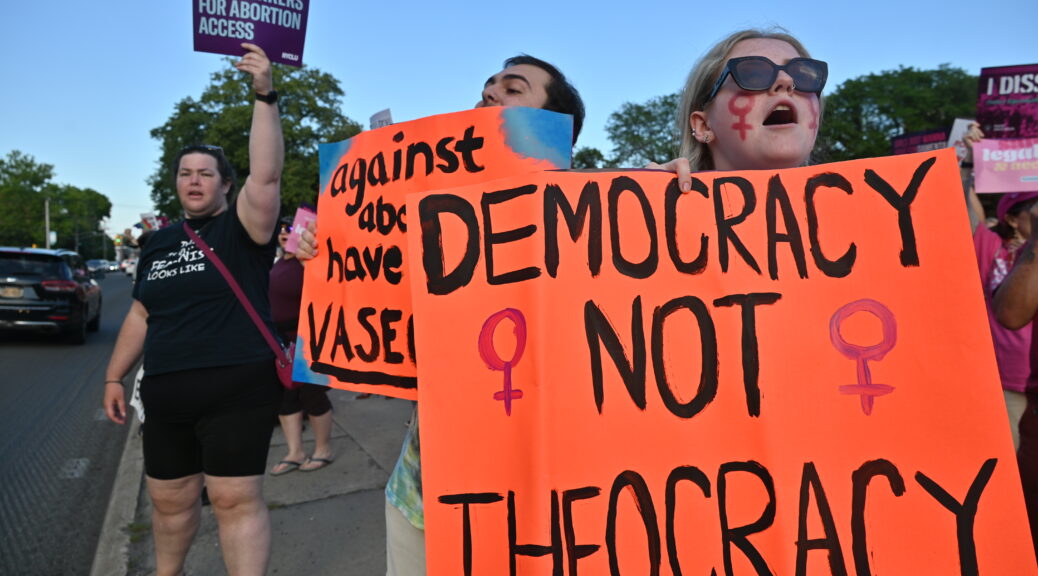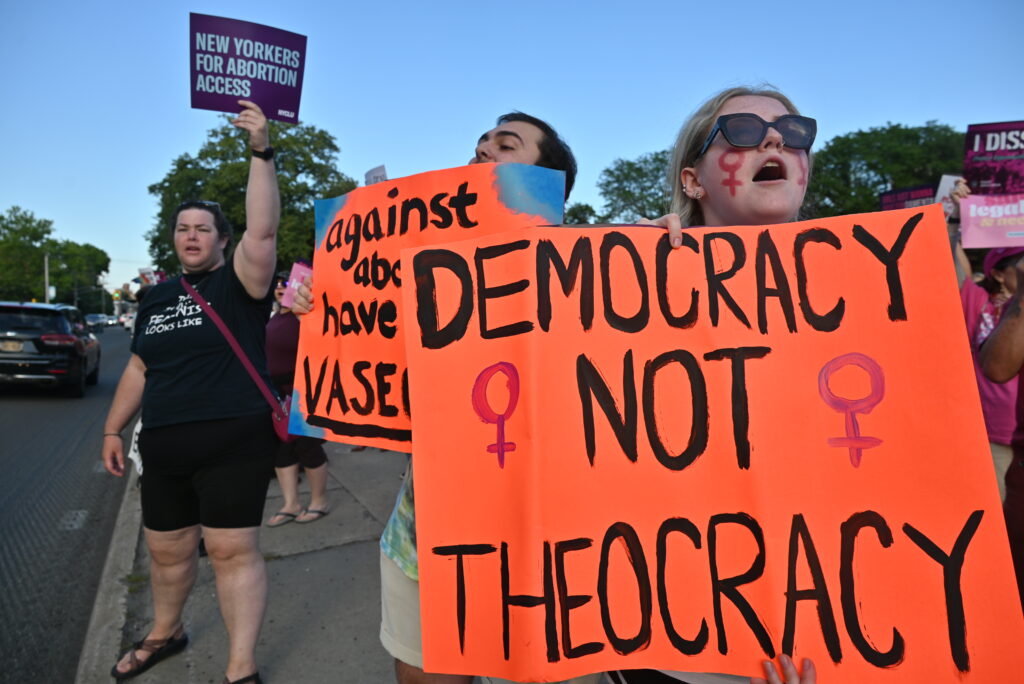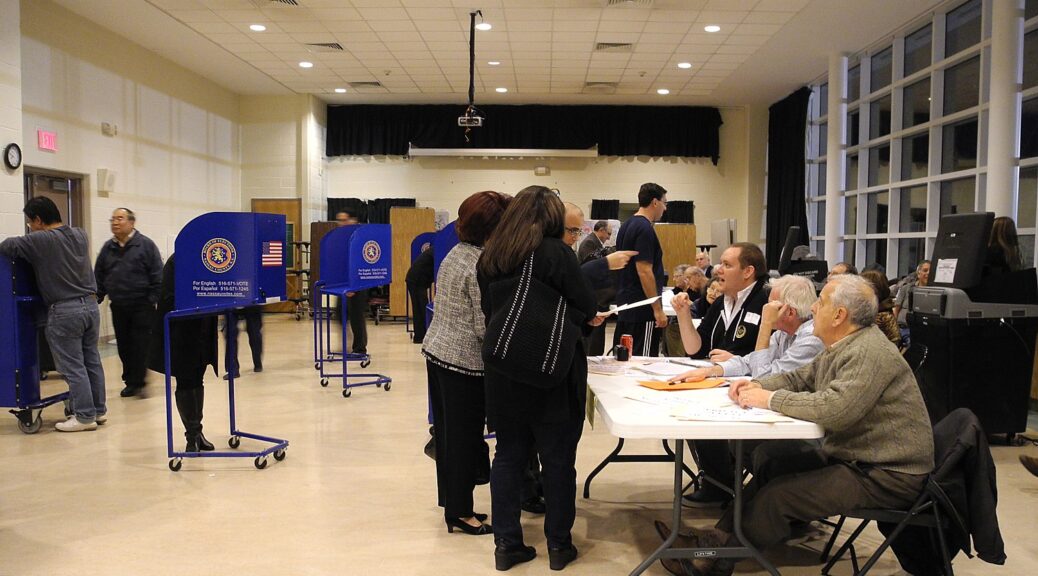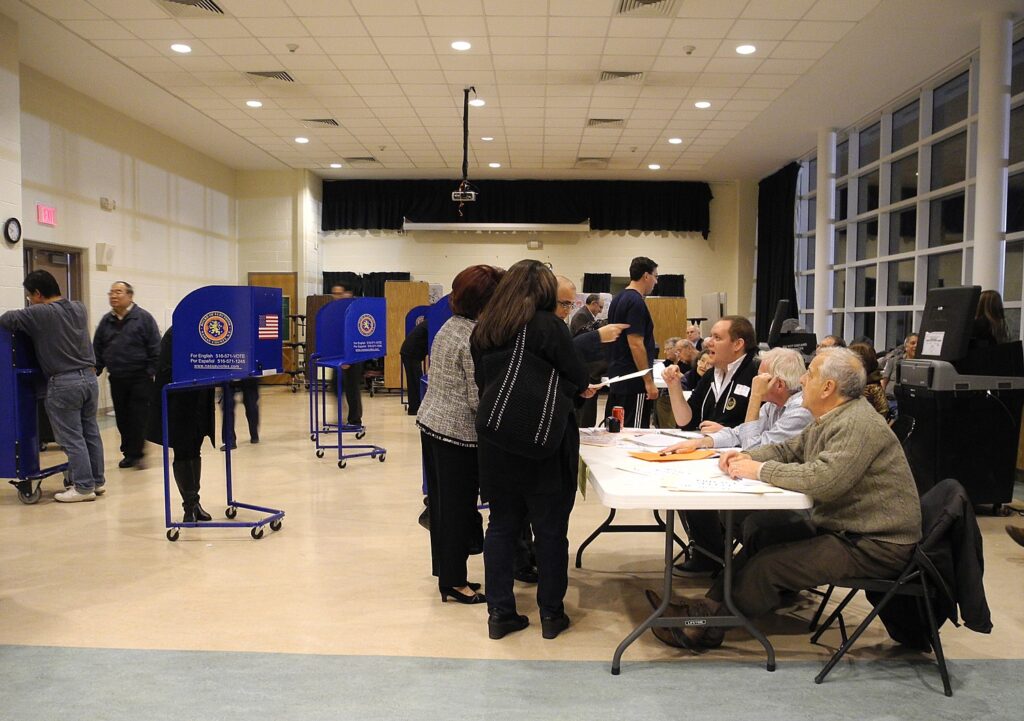With so much concern raised about the explosive increase in use of artificial intelligence, the Biden-Harris Administration announced new actions that will further promote responsible American innovation in artificial intelligence (AI) and protect people’s rights and safety. These steps build on the Administration’s strong record of leadership to ensure technology improves the lives of the American people, and break new ground in the federal government’s ongoing effort to advance a cohesive and comprehensive approach to AI-related risks and opportunities.
AI is one of the most powerful technologies of our time, but in order to seize the opportunities it presents, we must first mitigate its risks. President Biden has been clear that when it comes to AI, we must place people and communities at the center by supporting responsible innovation that serves the public good, while protecting our society, security, and economy. Importantly, this means that companies have a fundamental responsibility to make sure their products are safe before they are deployed or made public.
Vice President Harris and senior Administration officials met on May 4 with CEOs of four American companies at the forefront of AI innovation—Alphabet, Anthropic, Microsoft, and OpenAI—to underscore this responsibility and emphasize the importance of driving responsible, trustworthy, and ethical innovation with safeguards that mitigate risks and potential harms to individuals and our society. The meeting is part of a broader, ongoing effort to engage with advocates, companies, researchers, civil rights organizations, not-for-profit organizations, communities, international partners, and others on critical AI issues.
This effort builds on the considerable steps the Administration has taken to date to promote responsible innovation. These include the landmark Blueprint for an AI Bill of Rights and related executive actions announced last fall, as well as the AI Risk Management Framework and a roadmap for standing up a National AI Research Resource released earlier this year.
The Administration has also taken important actions to protect Americans in the AI age. In February, President Biden signed an Executive Order that directs federal agencies to root out bias in their design and use of new technologies, including AI, and to protect the public from algorithmic discrimination. Last week, the Federal Trade Commission, Consumer Financial Protection Bureau, Equal Employment Opportunity Commission, and Department of Justice’s Civil Rights Division issued a joint statement underscoring their collective commitment to leverage their existing legal authorities to protect the American people from AI-related harms.
The Administration is also actively working to address the national security concerns raised by AI, especially in critical areas like cybersecurity, biosecurity, and safety. This includes enlisting the support of government cybersecurity experts from across the national security community to ensure leading AI companies have access to best practices, including protection of AI models and networks.
The administration’s announcements include:
- New investments to power responsible American AI research and development (R&D). The National Science Foundation is announcing $140 million in funding to launch seven new National AI Research Institutes. This investment will bring the total number of Institutes to 25 across the country, and extend the network of organizations involved into nearly every state. These Institutes catalyze collaborative efforts across institutions of higher education, federal agencies, industry, and others to pursue transformative AI advances that are ethical, trustworthy, responsible, and serve the public good. In addition to promoting responsible innovation, these Institutes bolster America’s AI R&D infrastructure and support the development of a diverse AI workforce. The new Institutes announced today will advance AI R&D to drive breakthroughs in critical areas, including climate, agriculture, energy, public health, education, and cybersecurity.
- Public assessments of existing generative AI systems. The Administration is announcing an independent commitment from leading AI developers, including Anthropic, Google, Hugging Face, Microsoft, NVIDIA, OpenAI, and Stability AI, to participate in a public evaluation of AI systems, consistent with responsible disclosure principles—on an evaluation platform developed by Scale AI—at the AI Village at DEFCON 31. This will allow these models to be evaluated thoroughly by thousands of community partners and AI experts to explore how the models align with the principles and practices outlined in the Biden-Harris Administration’s Blueprint for an AI Bill of Rights and AI Risk Management Framework. This independent exercise will provide critical information to researchers and the public about the impacts of these models, and will enable AI companies and developers take steps to fix issues found in those models. Testing of AI models independent of government or the companies that have developed them is an important component in their effective evaluation.
- Policies to ensure the U.S. government is leading by example on mitigating AI risks and harnessing AI opportunities. The Office of Management and Budget (OMB) is announcing that it will be releasing draft policy guidance on the use of AI systems by the U.S. government for public comment. This guidance will establish specific policies for federal departments and agencies to follow in order to ensure their development, procurement, and use of AI systems centers on safeguarding the American people’s rights and safety. It will also empower agencies to responsibly leverage AI to advance their missions and strengthen their ability to equitably serve Americans—and serve as a model for state and local governments, businesses and others to follow in their own procurement and use of AI. OMB will release this draft guidance for public comment this summer, so that it will benefit from input from advocates, civil society, industry, and other stakeholders before it is finalized.
FACT SHEET: Biden-Harris Administration Announces National Standards Strategy for Critical and Emerging Technology
The Biden-Harris Administration released the United States Government’s National Standards Strategy for Critical and Emerging Technology (Strategy), which will strengthen both the United States’ foundation to safeguard American consumers’ technology and U.S. leadership and competitiveness in international standards development.
Standards are the guidelines used to ensure the technology Americans routinely rely on is universally safe and interoperable. This Strategy will renew the United States’ rules-based approach to standards development. It also will emphasize the Federal Government’s support for international standards for critical and emerging technologies (CETs), which will help accelerate standards efforts led by the private sector to facilitate global markets, contribute to interoperability, and promote U.S. competitiveness and innovation.
The Strategy focuses on four key objectives that will prioritize CET standards development:
- Investment: Technological contributions that flow from research and development are the driving force behind new standards. The Strategy will bolster investment in pre-standardization research to promote innovation, cutting-edge science, and translational research to drive U.S. leadership in international standards development. The Administration is also calling on the private sector, universities, and research institutions to make long-term investments in standards development.
- Participation: Private sector and academic innovation fuels effective standards development, which is why it’s imperative that the United States to work closely with industry and the research community to remain ahead of the curve. The U.S. Government will engage with a broad range of private sector, academic, and other key stakeholders, including foreign partners, to address gaps and bolster U.S. participation in CET standards development activities.
- Workforce: The number of standards organizations has grown rapidly over the past decade, particularly with respect to CETs, but the U.S. standards workforce has not kept pace. The U.S. Government will invest in educating and training stakeholders — including academia, industry, small- and medium-sized companies, and members of civil society — to more effectively contribute to technical standards development.
- Integrity and Inclusivity: It is essential for the United States to ensure the standards development process is technically sound, independent, and responsive to broadly shared market and societal needs. The U.S. Government will harness the support of like-minded allies and partners around the world to promote the integrity of the international standards system to ensure that international standards are established on the basis of technical merit through fair processes that will promote broad participation from countries across the world and build inclusive growth for all.
Putting the Strategy into Practice
The U.S. private sector leads standards activities globally, through standard development organizations (SDOs), to respond to market demand, with substantial contributions from the U.S. Government, academia, and civil society groups. The American National Standards Institute (ANSI) coordinates the U.S. private sector standards activities, while the National Institute of Standards and Technology (NIST) coordinates Federal Government engagement in standards activities. Industry associations, consortia, and other private sector groups work together within this system to develop standards to solve specific challenges. To date, this approach has fostered an effective and innovative standards system that has supercharged economic growth and worked for people of all nations.
The CHIPS and Science Act of 2022 (Pub. L. 117–167) provided $52.7 billion for American semiconductor research, development, manufacturing, and workforce development. The legislation also codifies NIST’s role in leading information exchange and coordination among Federal agencies and communication from the Federal Government to the U.S. private sector. This engagement, coupled with the CHIPS and Science Act’s investments in pre-standardization research, will drive U.S. influence and leadership in international standards development. NIST provides a portal with resources and standards information to government, academia, and the public; updates on the U.S. Government’s implementation efforts for the Strategy will also be posted to that portal.
The United States Government has already made significant commitments to leading and coordinating international efforts outlined in the Strategy. The United States has joined like-minded partners in the International Standards Cooperation Network, which serves as a mechanism to connect government stakeholders with international counterparts for inter-governmental cooperation. Additionally, the U.S.-EU Trade and Technology Council launched a Strategic Standardization Information mechanism to enable transatlantic information sharing.
Many U.S. Government agencies have already demonstrated their commitment to the Strategy through their actions and partnerships. Examples include:
- The National Science Foundation has updated its proposal and award policies and procedures to incentivize participation in standards development activities.
- The Department of State, NIST, the Department of Commerce, the Federal Communications Commission (FCC), the National Security Agency (NSA), the Office of the U.S. Trade Representative, USAID and other agencies engage in multilateral fora, such as the International Telecommunication Union, the Quad, the U.S.-EU Trade and Technology Council, the G7, and the Asia-Pacific Economic Cooperation, to share information on standards and CETs.
- The National Telecommunications and Information Administration (NTIA) administers the Public Wireless Supply Chain Innovation Fund, a $1.5 billion grant program funded by the CHIPS and Science Act of 2022 that aims to catalyze the research, development, and adoption of open, interoperable, and standards-based networks.
- The Department of Defense engages with ANSI and the private sector in collaborative standards activities such as Global Supply Chain Security for Microelectronics and the Additive Manufacturing Standards Roadmap, as well as with the Alliance for Telecommunications Industry Solutions and the 3rd Generation Partnership Project (3GPP).
- The United States Agency for International Development and ANSI work together through a public-private partnership to support the capacity of developing countries in areas of standards development, conformity assessment, and private sector engagement.
- The Environmental Protection Agency SmartWay program works closely with the International Organization for Standardization (ISO) to standardize greenhouse gas accounting for freight and passenger transportation, providing a global framework for credible, accurate calculation and evaluation of transportation-related climate pollutants.
- NTIA, NIST, and the FCC coordinate U.S. Government participation in 3GPP and work with the Alliance for Telecommunications Industry Solutions to ensure participation by international standards delegates at North American-hosted 3GPP meetings.
- The FCC’s newly established Office of International Affairs is managing efforts across the FCC to ensure expert participation in international standards activities, such as 3GPP and the Internet Engineering Task Force, in order to promote U.S. leadership in 5G and other next-generation technologies.
- The Department of Transportation supports development of voluntary consensus technical standards via multiple cooperative efforts with U.S.-domiciled and international SDOs.
- The U.S. Department of Energy (DOE), though partnerships with the private sector and the contributions of technical experts at DOE and its 17 National Laboratories, contributes to standards efforts in multiple areas ranging from hydrogen and energy storage to biotechnology and high-performance computing.
- The Department of the Treasury’s Office of Financial Research leads and contributes to financial data standards development work for digital identity, digital assets, and distributed ledger technology in ISO and ANSI.
The actions laid out in the Strategy align with principles set forth in the National Security Strategy, the National Cybersecurity Strategy, and ANSI’s United States Standards Strategy, and will not only protect the integrity of standards development, but will ensure the long-term success of the United States’ innovation.

